Year: 2025
-
IRS requests comments on implementing the U.S. school choice tax credit scholarship
On Nov. 26, the Internal Revenue Service (IRS), a bureau of the U.S. Treasury, issued a notice requesting comments regarding the implementation of the U.S. school choice tax credit scholarship (USTCS) program. The 2025 budget reconciliation bill, called the One Big Beautiful Bill Act (OBBBA), established the program when President Donald Trump (R) signed the…
-
Trump has issued a total of 196 midterm endorsements so far
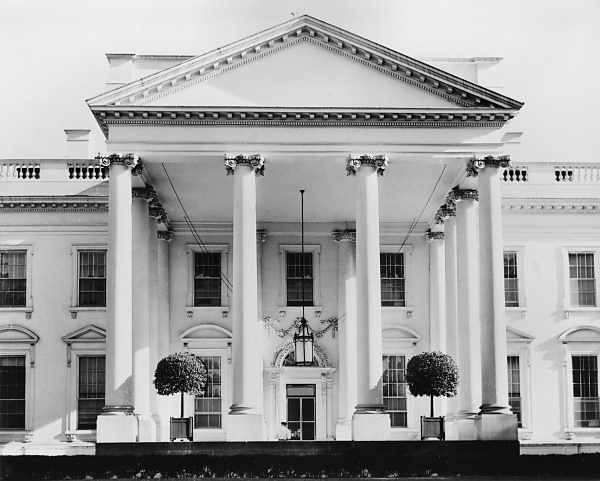
As of Dec. 8, 2025, President Donald Trump has issued a total of 196 endorsements in 2026 primary races. Ninety-four percent (184) of these endorsements are for incumbent Republican officeholders, 5% (10) are for Republican candidates running in open races, and only 1% (2) are for Republican candidates running to challenge an incumbent. Trump has…
-
Election results from Dec. 2, 2025
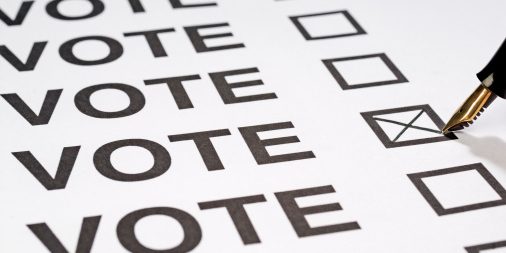
On Dec. 2, 2025, elections were held in six states for 17 offices. The following states held elections: Georgia, Maine, Mississippi, New Jersey, Rhode Island, and Tennessee. Georgia: In Georgia, elections took place for the Georgia House of Representatives, Atlanta City Council, and Atlanta Public Schools school board. In the special general election runoff for…
-
Seventeen Republican incumbents lost in the 2025 state legislative general elections

Seventeen incumbents—all Republicans—lost in the 2025 state legislative elections in New Jersey and Virginia. That’s the most general election incumbent defeats in an odd year since 21 were defeated in 2011. Twelve Republican incumbents lost re-election in Virginia, where Democrats expanded their majority by 13 seats, going from 51 to 64 seats in the 100-member…
-
Rep. Matt Van Epps takes office—ending the vacancy in Tennessee’s 7th Congressional District
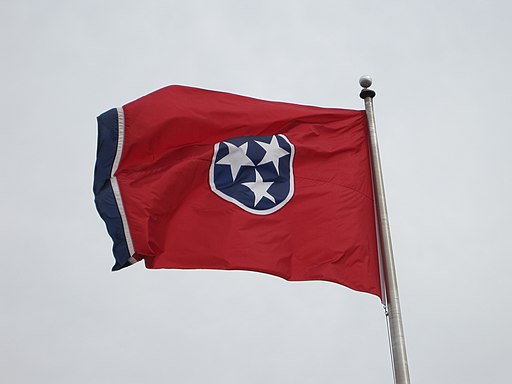
On Dec. 4, Speaker of the House Mike Johnson (R-La.) swore Rep. Matt Van Epps (R) into the U.S. House of Representatives, filling the vacancy in Tennessee’s 7th Congressional District. The vacancy began on July 20, after then-Rep. Mark Green (R-Tenn.) left office to accept a position in the private sector. In the Dec. 2…
-
Five states certify measures on vote thresholds for ballot initiatives and amendments; one additional measure is pending
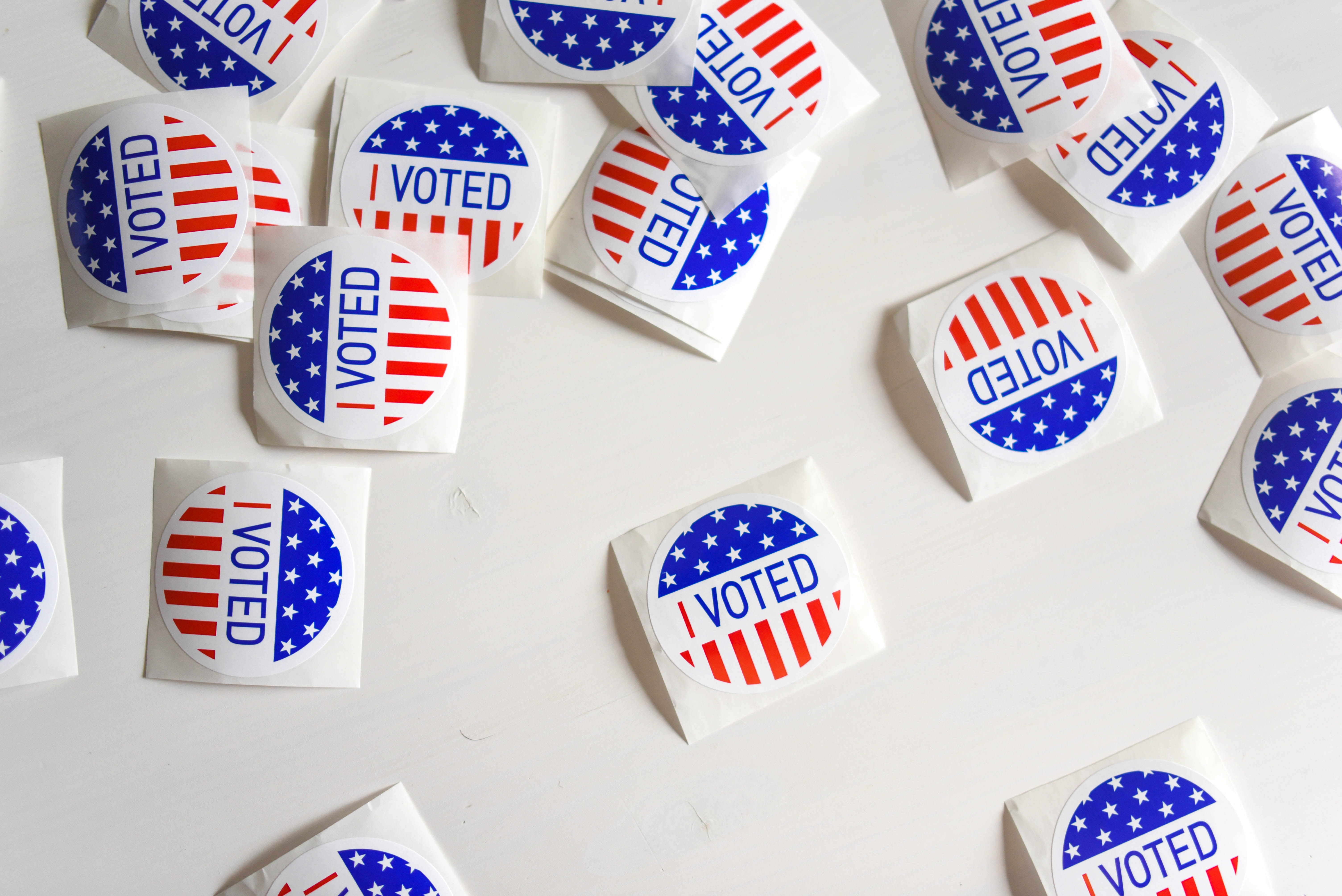
Voters in up to six states could decide on ballot measures establishing or changing vote requirements for initiatives and amendments in 2026. Five states have already certified their respective measures for the ballot, and one is a proposed legislative referral that requires additional votes for certification. Measures certified for the ballot Five states have ballot…
-
With 322 local ballot measures, 2025 saw the highest total in the largest cities and state capitals for any odd-numbered year since at least 2017
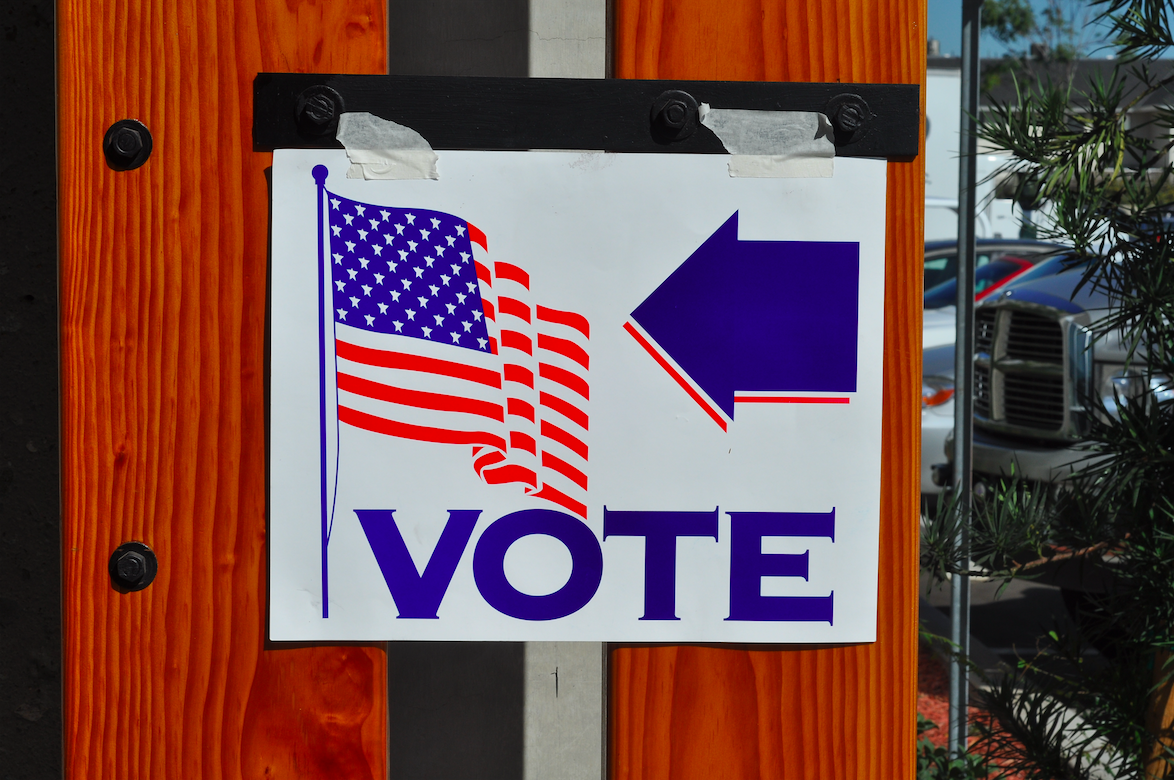
In 2025, 322 local measures appeared on ballots in the top 100 largest cities in the U.S. and in state capitals. This included citywide measures, countywide measures, special district measures, and school district measures. The 322 local measures appeared in 29 different states on 21 different election dates. This is the highest number of local…

